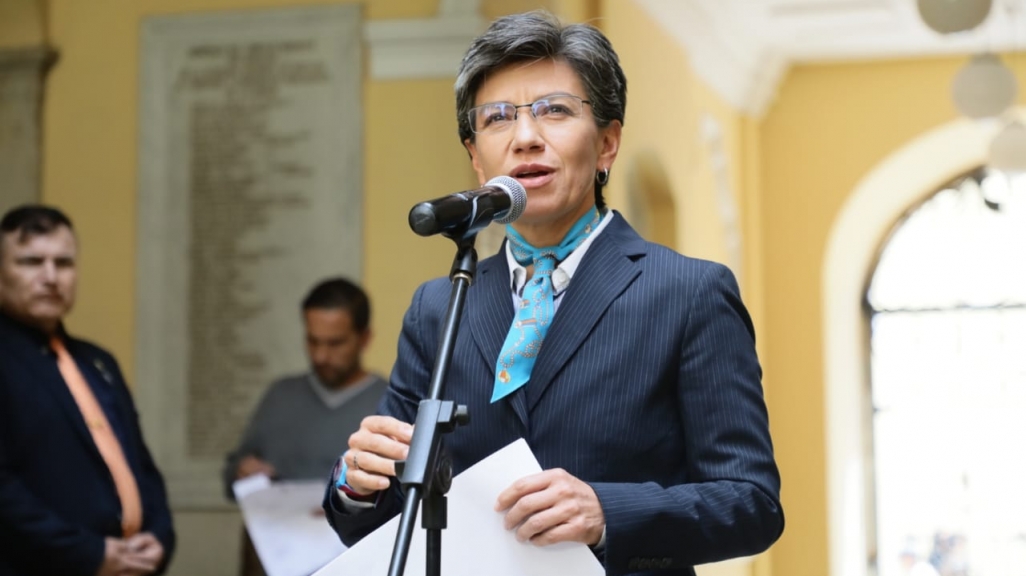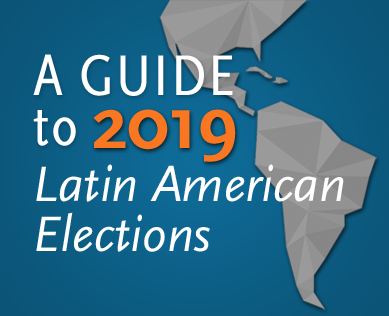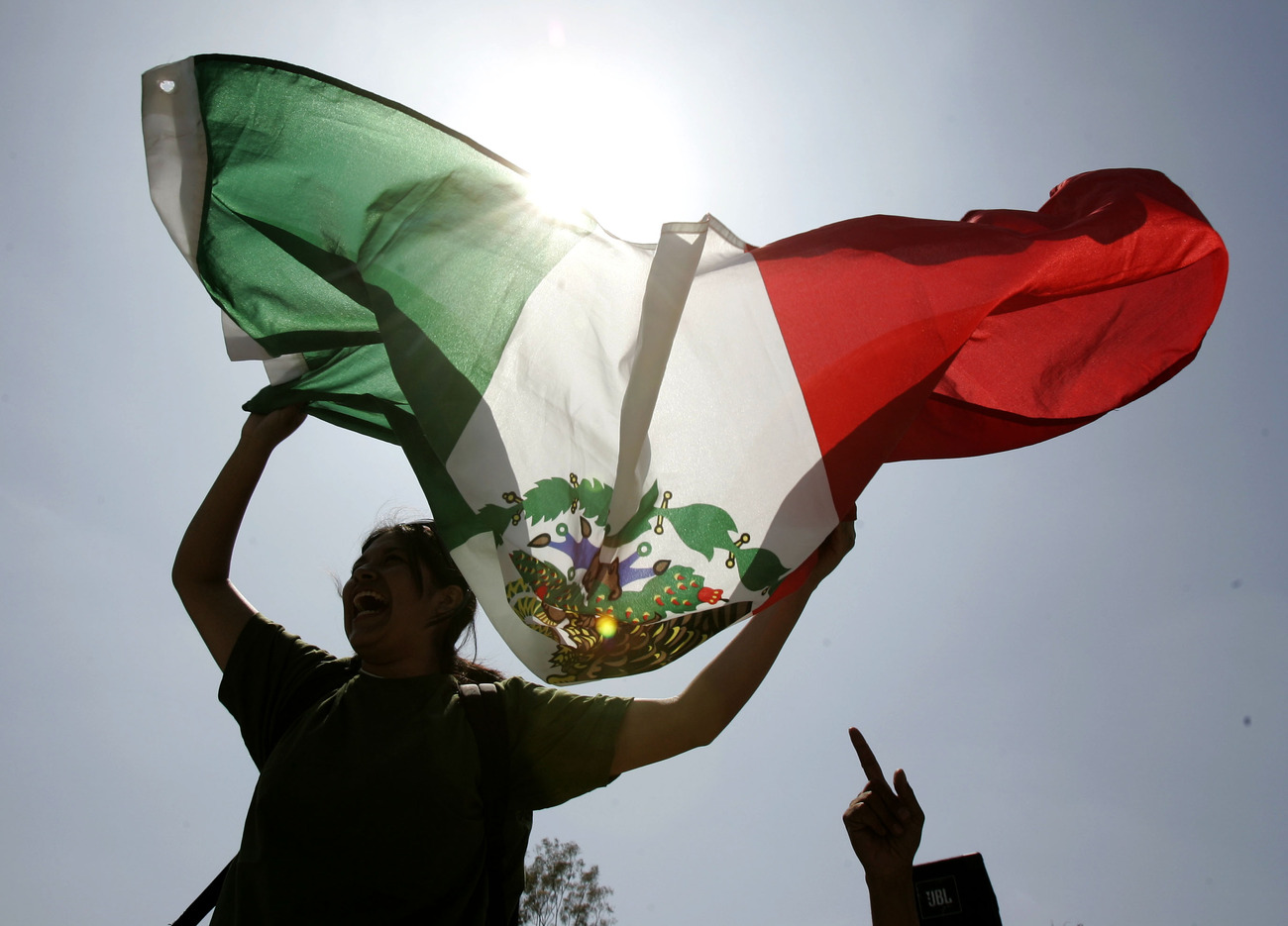Amid Regional Unrest, Colombia Holds Peaceful Local Elections
Amid Regional Unrest, Colombia Holds Peaceful Local Elections
Left-leaning politicians will occupy the mayor’s seat in the country’s three biggest cities, while uribismo lost races across the board.
While civil unrest simmers in neighbors like Ecuador, Peru, and Chile, on October 27 Colombia held its most peaceful local elections in recent years—ones that saw solid turnout as voters elected mayors, governors, city councilmembers, and local legislatures to four-year terms.
The new left goes mainstream.
In Colombia, where for years being from the left was associated with Marxist ideologies of the FARC and other guerrillas, left-leaning politicians will occupy the mayor’s seat in the country’s three biggest cities.
In Bogotá, the Green Party’s Claudia López, 49, was able to stave off a late surge in polls by independent Carlos F. Galán to win with 35.2 percent against Galán’s 32.5 percent. She is the first woman to win election to the mayor’s office in the city’s history. (María Fernanda Campo and then Clara López were both appointed to serve as acting mayor in 2011–2012 after the elected mayor was stripped of his title on corruption charges.) López gained national recognition for her anti-corruption stance in the Senate and is a central figure in the rise of a new left-wing that focuses on sustainability, justice, and transparency, among other issues. And while López is certainly from the left, Gustavo Petro, the leader of Colombia’s far-left movement made a point of saying he will not support her government.
In arguably the biggest upset of the night, engineer and activist Daniel Quintero, 39, beat polls by nearly 30 points to win the race for mayor of Medellín. Though pre-election polls had him trailing Alfredo Ramos by 18 points, he ended up winning by nine. Quintero, an electrical engineer by training with a master’s in public finance, was a vice minister of communications and information technologies in the Juan Manuel Santos administration. He ran in the mayor’s race as an independent and with a platform that focused on infrastructure, education, and turning the city into “The Software Valley.”
Cali Mayor-elect Jorge Iván Ospina, 54, came away with an easy, double-digit win that belied the caustic—and at times violent—campaign against conservative Roberto Ortíz. This will be Ospina’s second term as mayor of the country’s third-largest city, and this time he’s focusing on a host of environmental and sustainability measures, including improved water management, combatting illegal mining, and beefing up recycling programs.
Moving away from uribismo.
This was supposed to be the six-year-old Democratic Center’s (CD) best chance to solidify its place among Colombia’s political parties. Instead, party candidates lost across the board—including in party founder and former President Álvaro Uribe’s home of Antioquia. Now Colombians are openly talking about the end of uribismo.
Uribe himself was uncharacteristically resigned, tweeting on Sunday, “We lost, I recognize the defeat with humility.” In days since, he’s talked about continuing the work “calmly” and focusing on the positive, a markedly more conciliatory tone than he had during the 2016 FARC peace deal referendum and 2018 presidential elections.
One the left, Petro, also a former Bogotá mayor, was hardly congratulatory on election night, tweeting that López “does not represent” his movement and that his Humane Colombia party will be independent of her government.
Radical Change was one of the few establishment right-of-center parties that had a good showing on Sunday. Its candidates Jaime Pumarejo and Elsa Noguera respectively won the mayoralty of the port city of Barranquilla and governorship of Atlántico. The party was also part of a coalition that backed Ospina as well as Clara Luz Roldán in her successful bid for governor of Valle del Cauca.
Democracy quietly marches forward.
Voter participation in the mayoral, gubernatorial, and local legislative races hit 60 percent on October 27, nearly equal to that in the 2015 local elections and higher than turnout for last year’s presidential races. Voting is not mandatory in Colombia.
After a more violent campaign season that saw seven candidates assassinated, election day in Colombia was a peaceful one. There were no reported acts of violence on election day, including from the National Liberation Army, or ELN, guerrilla group, which carried out terrorist acts in the three previous elections. Just three of the country’s nearly 108,000 voting centers had trouble opening on time, and those three were all due to inclement weather.









 ICYMI: Where Does Colombia’s Center Go after the Presidential Race?
ICYMI: Where Does Colombia’s Center Go after the Presidential Race?